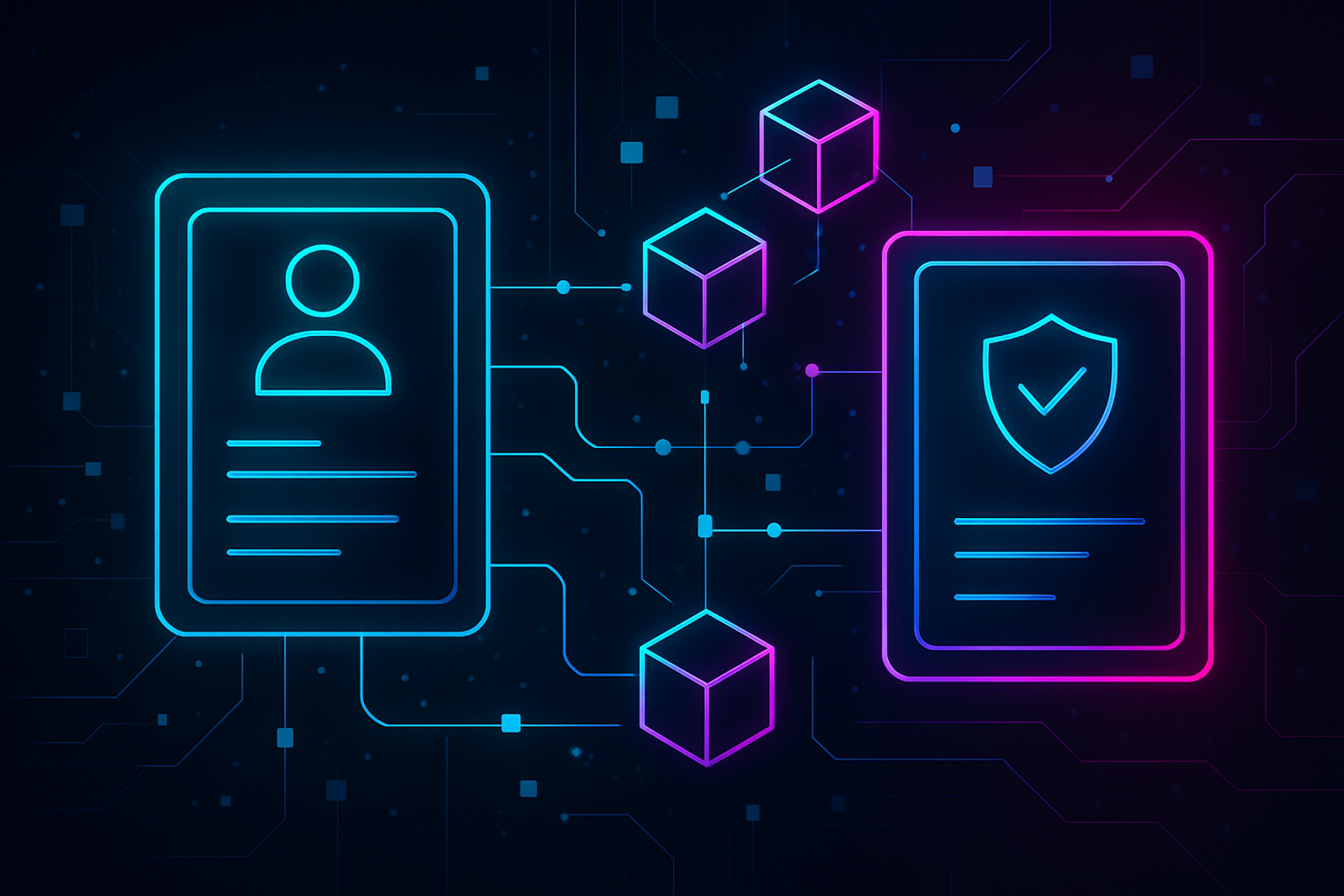
Web3 is rewriting the rules of digital trust, but one challenge persists: how do we prove identity and compliance without sacrificing privacy or efficiency? Onchain attestations for KYCed addresses are now at the center of this transformation, offering a frictionless way to satisfy regulatory requirements for allowlists and token sales while protecting users’ sensitive data. As the industry pivots toward reusable, privacy-preserving credentials, platforms like OnchainKYCe. me are setting the new standard for decentralized KYC verification.
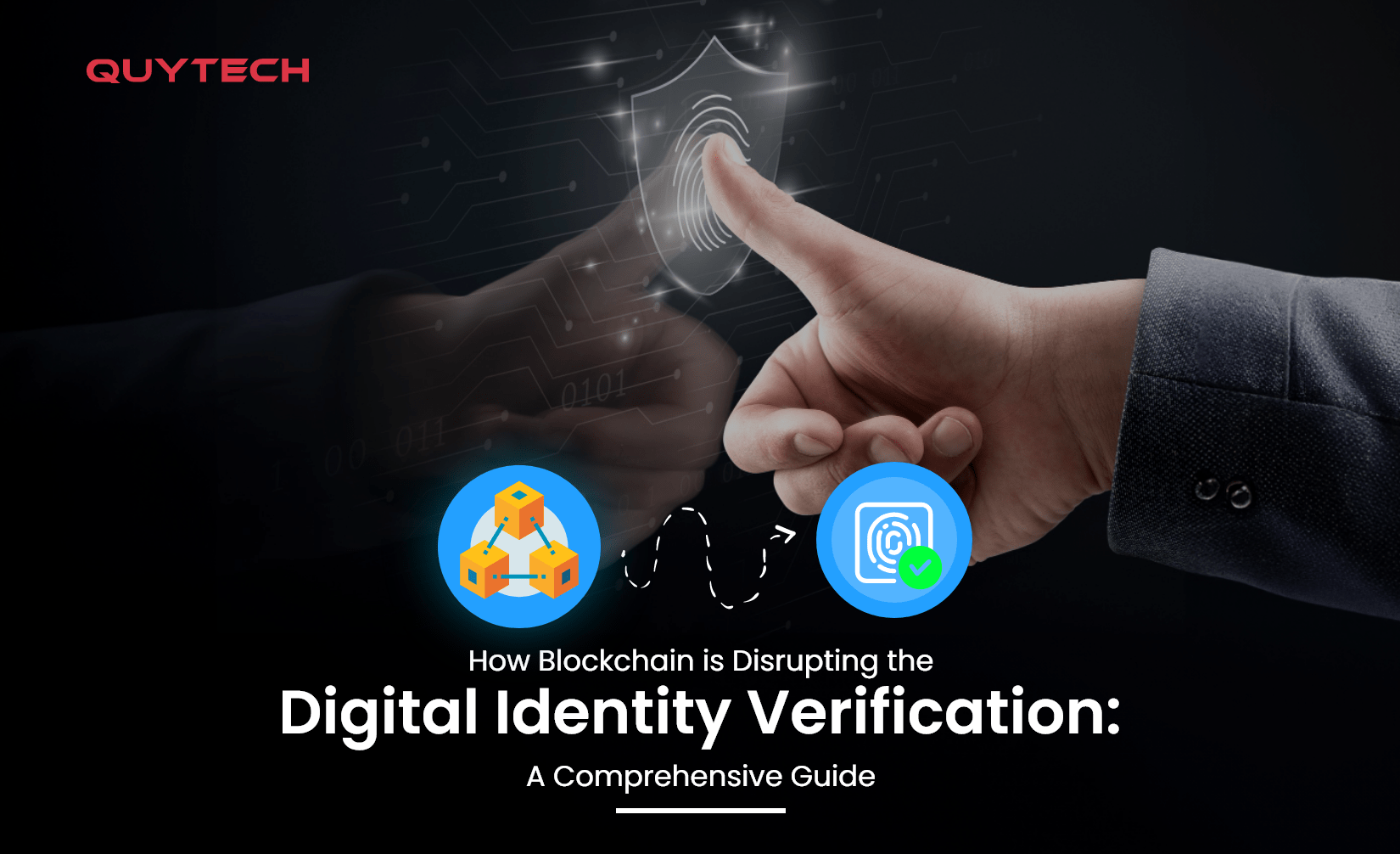
Why Traditional KYC Fails Web3 Allowlists
Legacy KYC processes are notorious for being slow, redundant, and invasive. Each time a user wants to join a new DeFi protocol, participate in a token sale, or get on an allowlist, they’re forced to repeat the same identity checks, uploading documents and sharing personal information with yet another platform. This not only increases onboarding friction but also creates a honeypot of sensitive data that’s vulnerable to breaches.
Enter onchain attestations: instead of repeatedly submitting documents, users undergo KYC once through a trusted provider. The provider then issues a cryptographic proof, an attestation, that lives on the blockchain. When users want access to gated communities or token sales, they simply present this attestation. No more redundant uploads or exposing personal info everywhere.
The Mechanics of Onchain Attestations for KYCed Addresses
Onchain attestations work by issuing verifiable credentials as cryptographic proofs of KYC completion. These proofs are recorded on chain, often using standards like Ethereum Attestation Service (EAS): and can be referenced by smart contracts or dApps during allowlist checks or token sale participation.
Here’s why this matters:
Key Benefits of Decentralized KYC Attestations
-
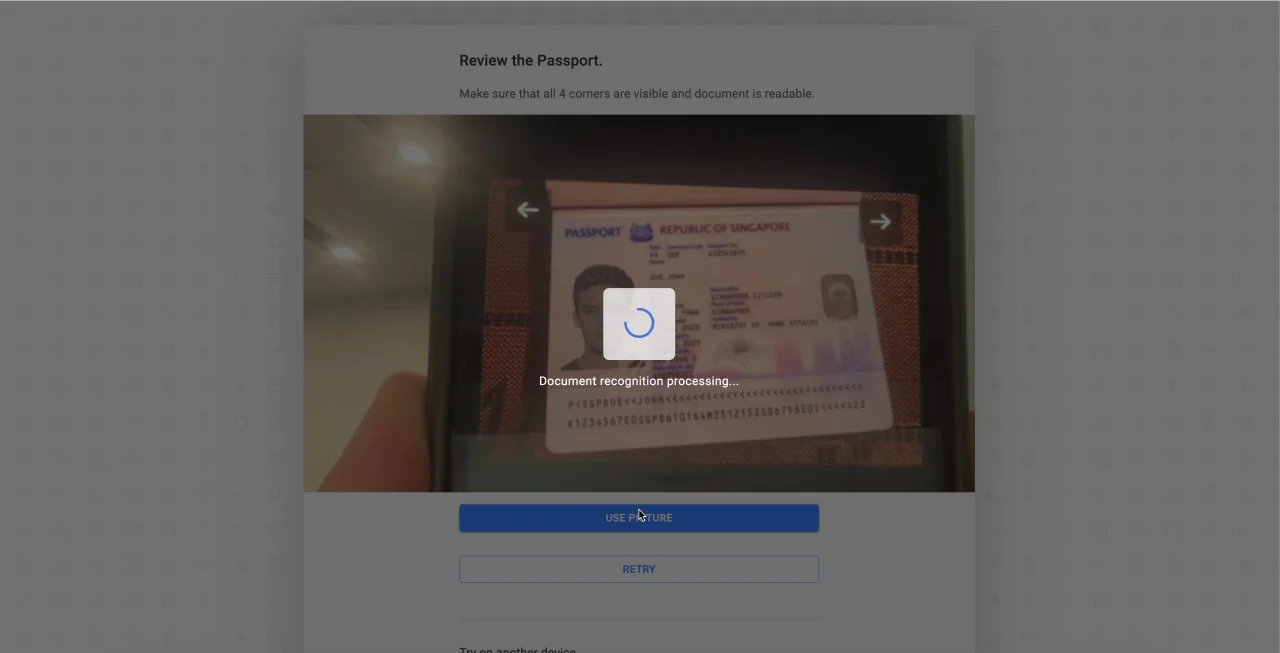
Reusable Digital Identities: Onchain KYC solutions like Blockpass’s On-Chain KYC® enable users to create verifiable, reusable digital identities. Once verified, users can participate in multiple allowlists and token sales without repeating the KYC process, streamlining onboarding for both users and project managers.
-
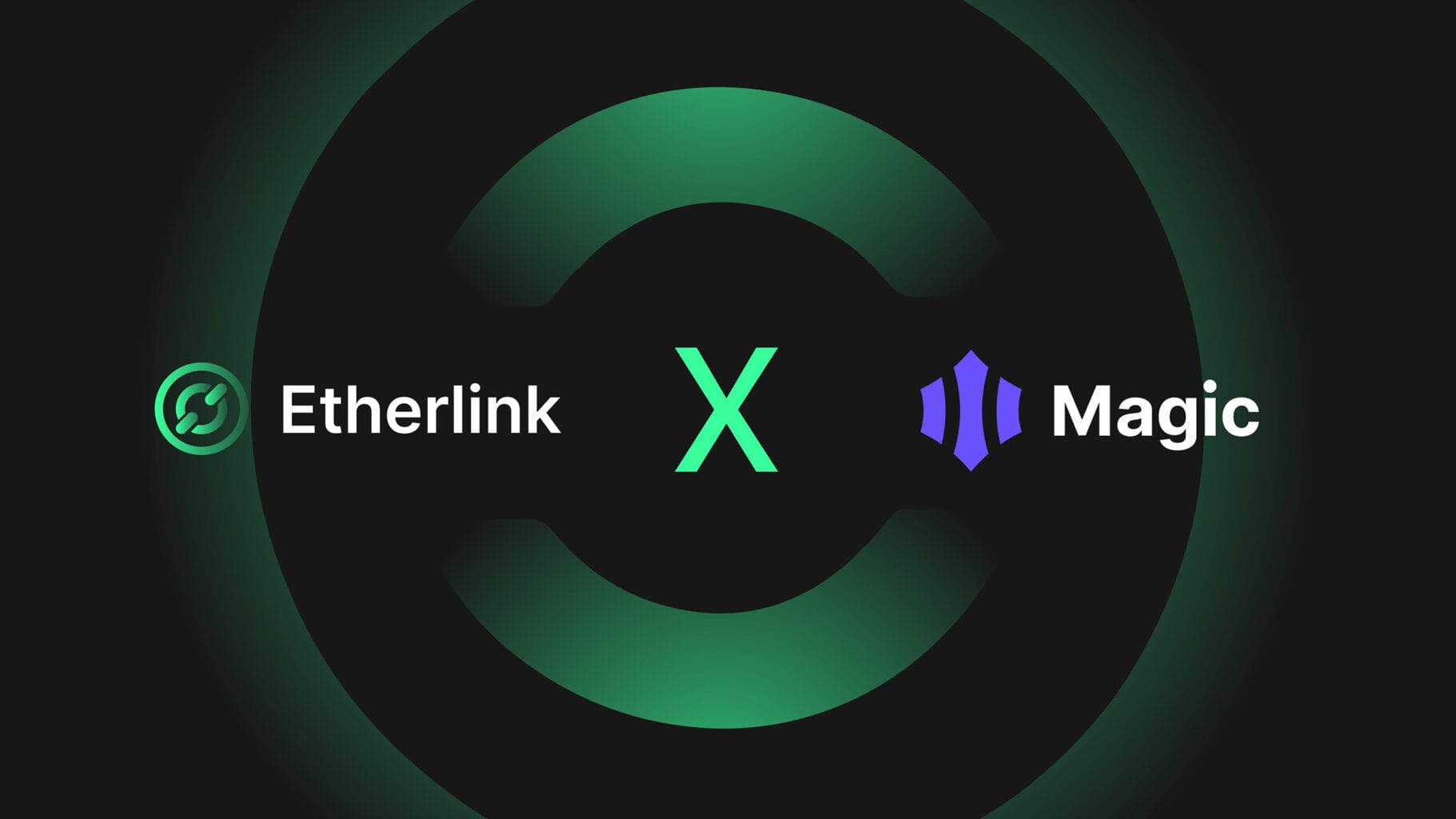
Privacy-Preserving Verification: Platforms such as Altme issue credentials offchain and compliance NFTs onchain, allowing users to prove KYC status without exposing personal data. This approach aligns with privacy regulations like GDPR and puts users in control of their sensitive information.
-
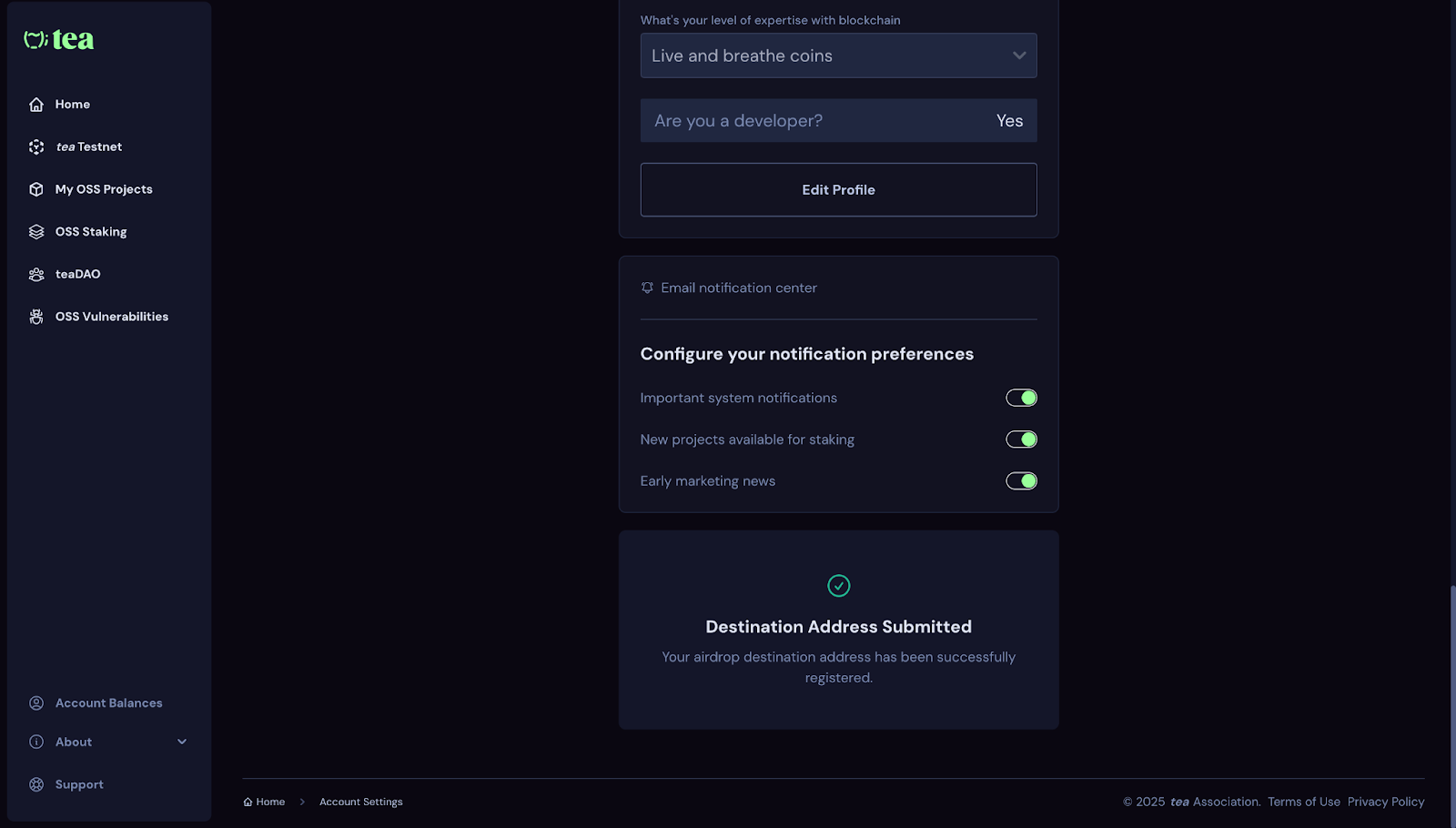
Automated, Smart Contract-Based Compliance: Services like Attest Protocol provide schema-based attestations that can be easily verified by smart contracts. This enables automatic enforcement of compliance requirements for allowlists and token sales, reducing manual review and minimizing human error.
-
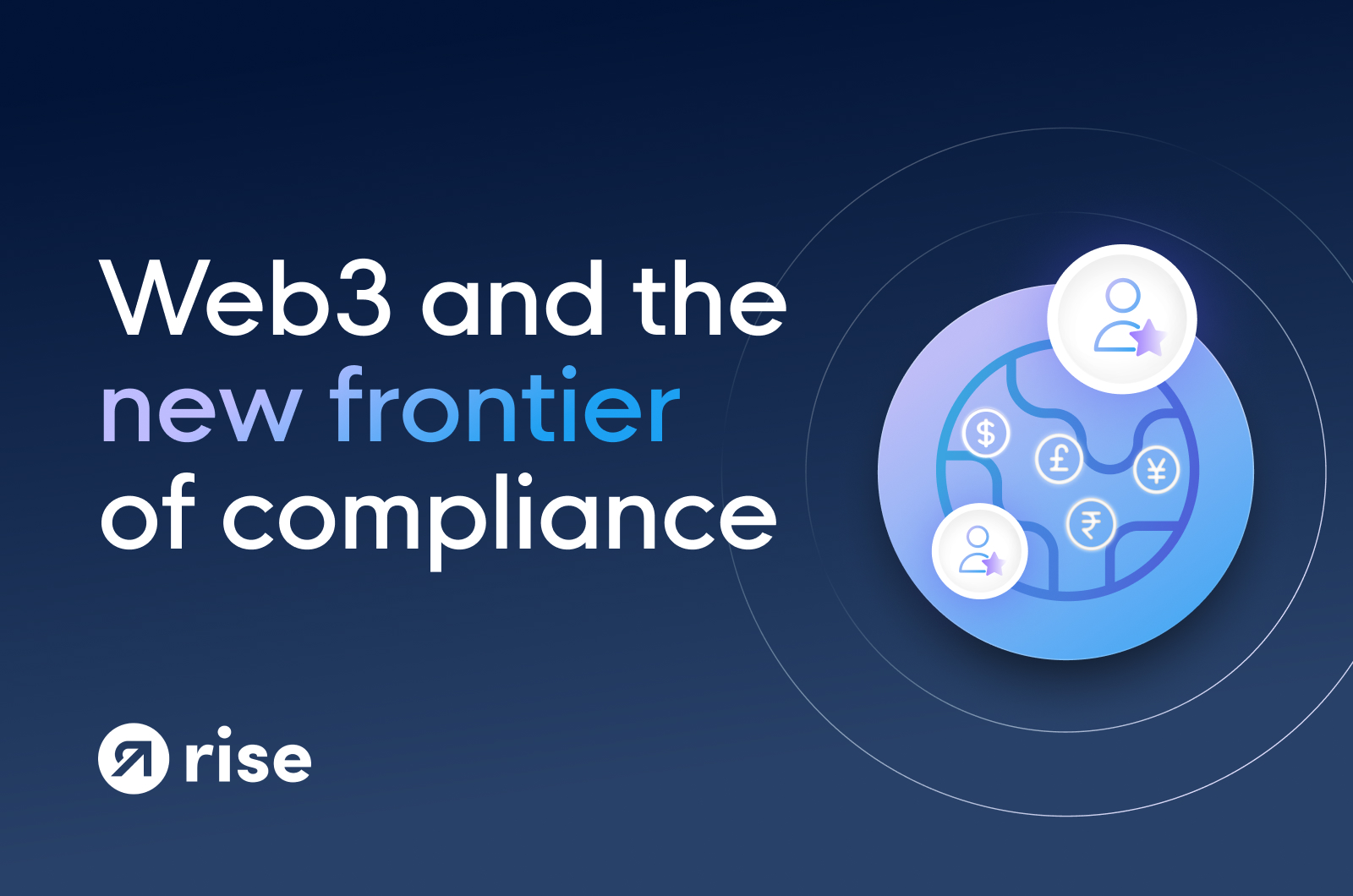
Reduced Operational Costs and Friction: Decentralized KYC attestations eliminate repetitive verification, reducing administrative overhead for Web3 projects. Users benefit from a smoother experience, while allowlist managers can onboard participants more efficiently and at lower cost.
-
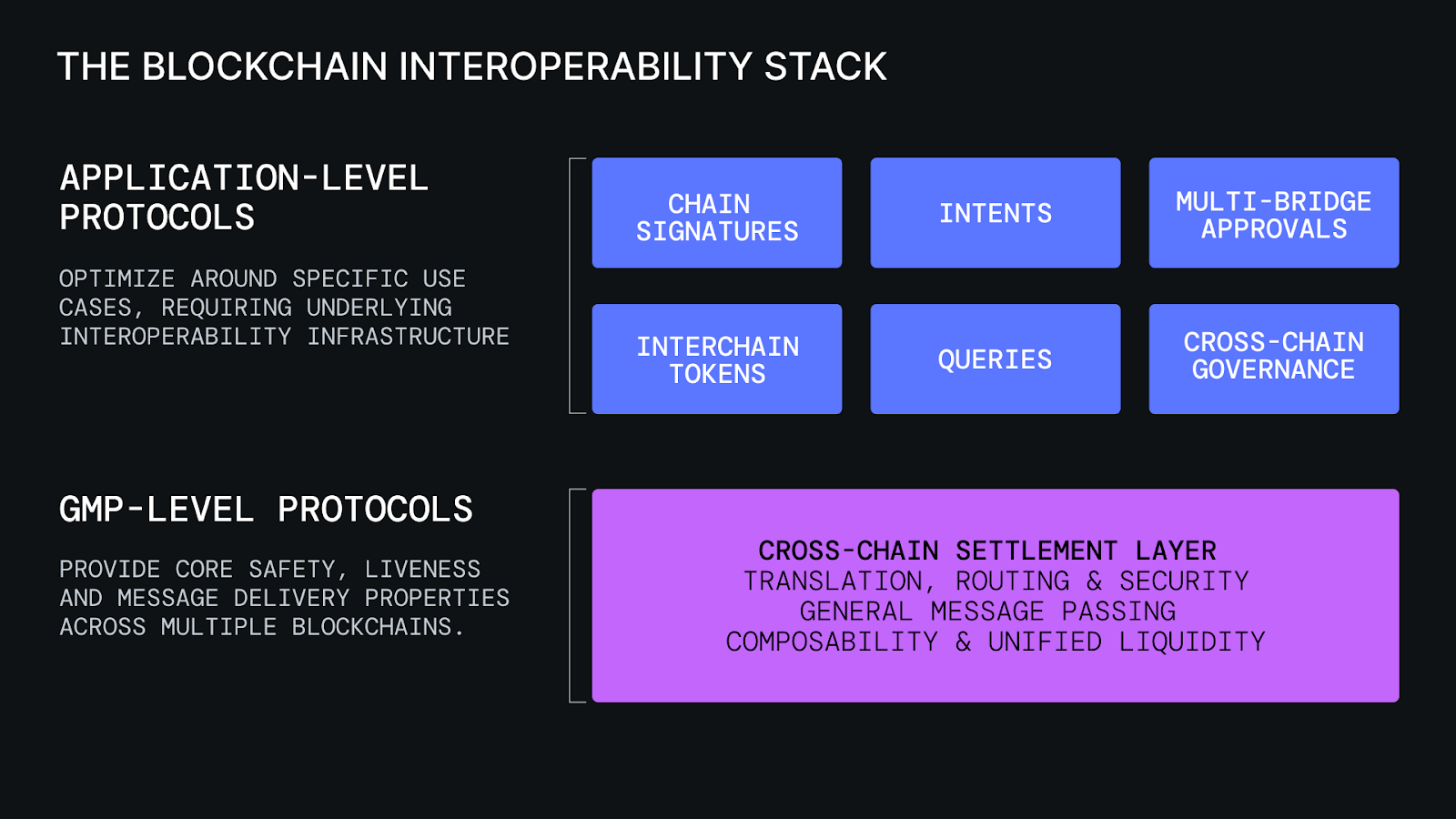
Interoperability Across Platforms: Onchain attestations are compatible with multiple blockchains (e.g., Ethereum, Solana), enabling users to access a wide range of Web3 services and token sales with a single verified identity. This broad interoperability fosters greater participation and liquidity in compliant Web3 ecosystems.
With solutions like Blockpass’s On-Chain KYC®, projects can issue granular attestations, such as verifying accredited investor status or document validity, directly on Ethereum or Solana. Other protocols like Attest Protocol offer schema-based attestations that integrate seamlessly with smart contracts, further automating compliance workflows.
Compliance and Privacy: Not a Zero-Sum Game
Historically, regulatory compliance came at the cost of privacy. But onchain attestations flip that script. By keeping personal data off chain and storing only the attestation itself, essentially a proof that “this address is verified”: users remain in control of their information. This privacy-by-design approach aligns with regulations like GDPR and is rapidly becoming best practice across the Web3 landscape.
Smart contracts can instantly check for valid attestations in a user’s wallet before granting access to an allowlist or letting them participate in a token sale. This automated compliance drastically reduces operational overhead and risk for projects while giving users peace of mind that their data isn’t needlessly exposed.
Real-World Implementations Shaping the Market
The shift toward decentralized KYC is already underway:
- Blockpass: Reusable digital identities with bank-grade KYC/AML SaaS for crypto compliance (see Blockpass On-Chain KYC®).
- Attest Protocol: Lightweight trust layer enabling schema-based attestations integrated into smart contracts.
- Altme: Self-sovereign identity wallet issuing verifiable credentials off chain and compliance NFTs on chain.
These platforms are not just theoretical, they’re powering real token launches and allowlists across Ethereum, Solana, and beyond.
For allowlist managers, this means onboarding friction drops dramatically. Instead of chasing down paperwork or risking regulatory missteps, they can rely on automated, onchain checks that are both robust and privacy-preserving. Users benefit from a single KYC process that unlocks access across multiple communities and token sales, while projects gain a verifiable audit trail should regulators come knocking. The result: compliance without compromise.
Integrating OnchainKYCe. me: Raising the Bar for Web3 Compliance
The next evolution in this space is seamless integration, making decentralized KYC attestations as easy to plug into your dApp as any other building block. That’s where platforms like OnchainKYCe. me shine. By offering secure, standards-based attestations for KYCed addresses, OnchainKYCe. me empowers Web3 projects to:
How OnchainKYCe.me Streamlines KYC for Web3
-
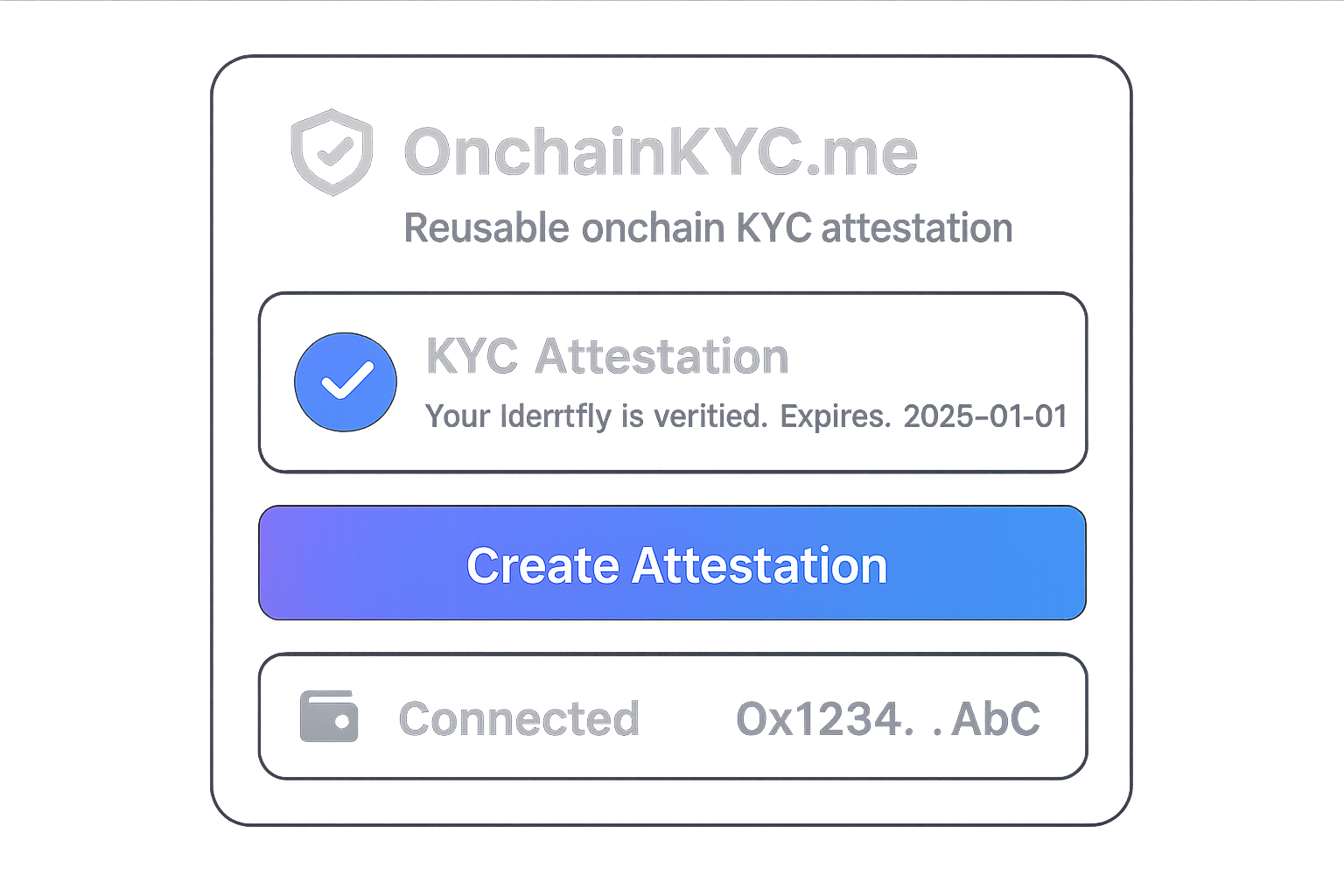
Reusable Onchain Attestations: OnchainKYCe.me issues verifiable, reusable digital identity attestations directly on the blockchain. Users complete KYC once and leverage their attestation across multiple allowlists and token sales, eliminating repetitive verification steps.
-
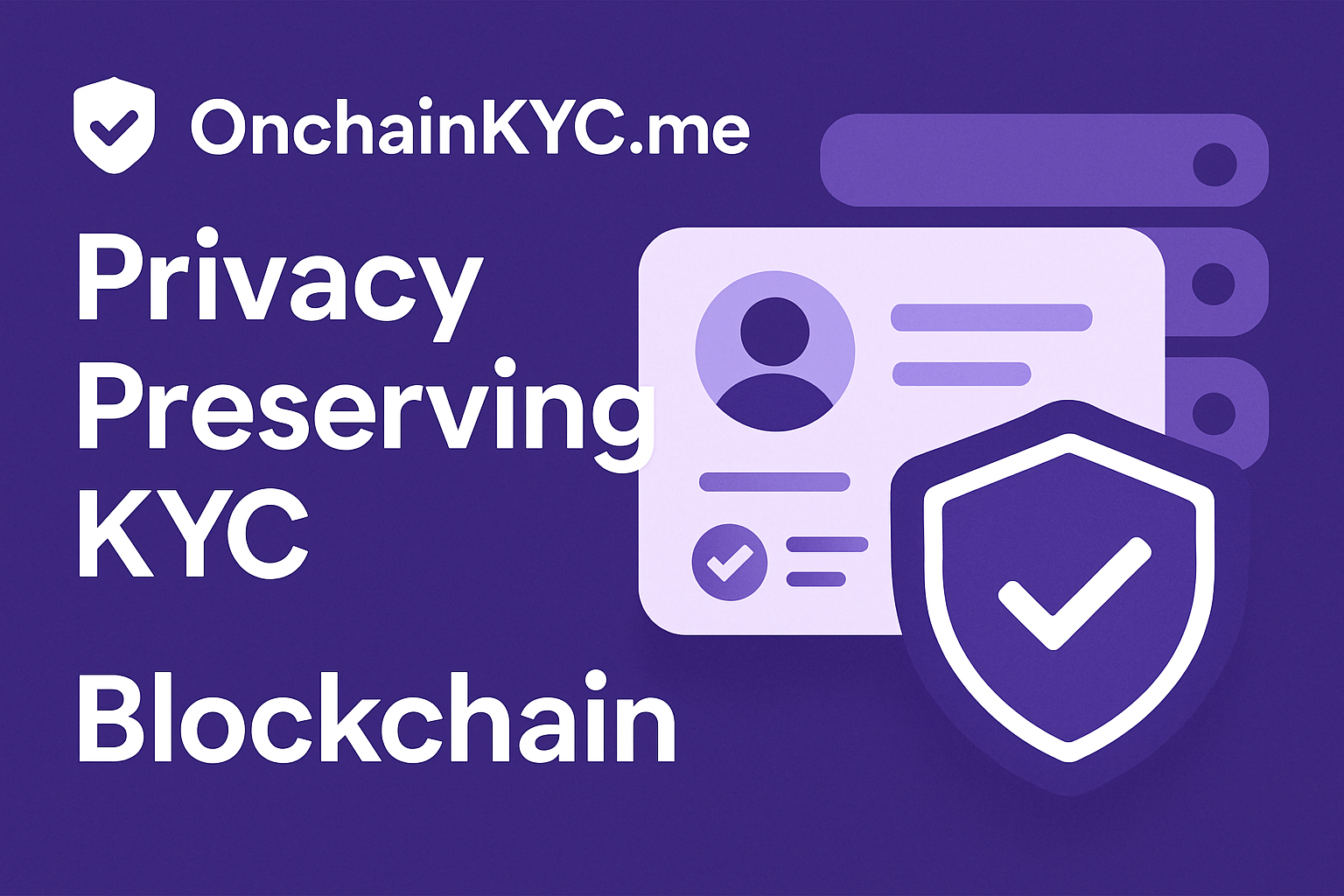
Privacy-Preserving Verification: By storing only the attestation proof onchain and keeping personal data offchain, OnchainKYCe.me enables privacy-centric KYC that aligns with regulations like GDPR, giving users control over their sensitive information.
-
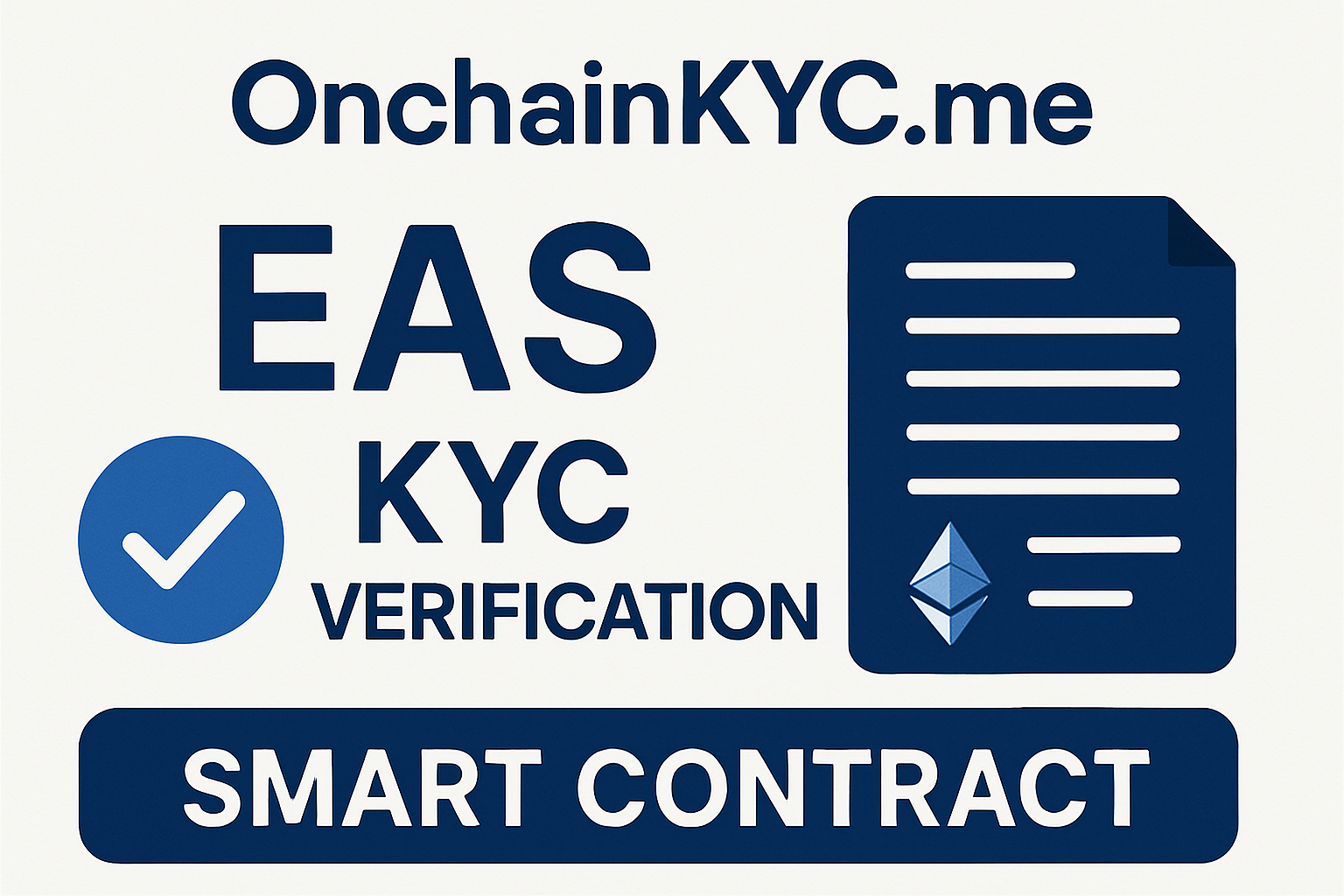
Automated Compliance with Smart Contracts: OnchainKYCe.me integrates with Ethereum Attestation Service (EAS) and other protocols, allowing smart contracts to automatically verify valid KYC attestations in a user’s wallet for allowlist and token sale participation.
-
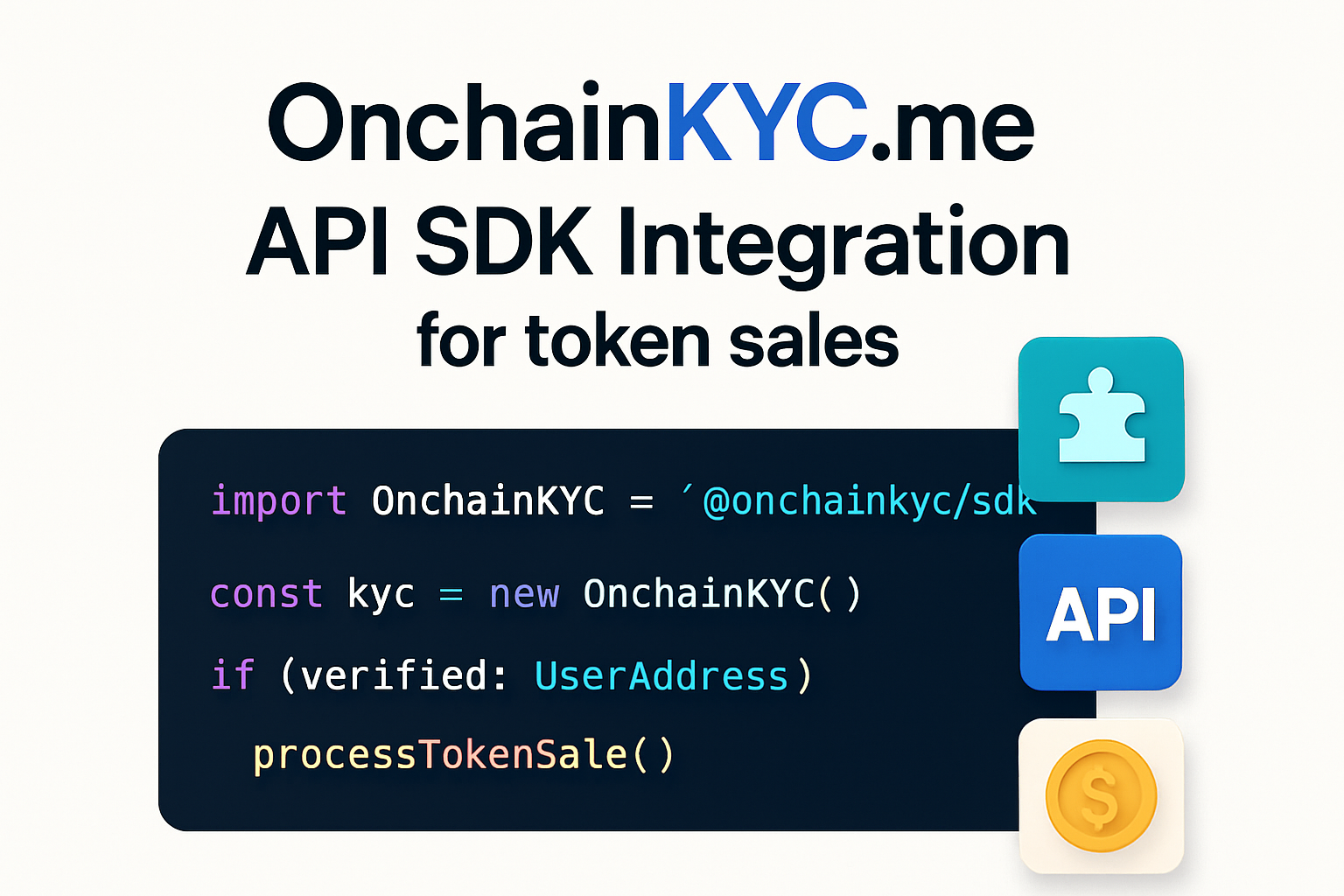
Seamless Integration for Platforms: The platform offers developer-friendly APIs and SDKs for integrating onchain KYC checks, enabling token sale organizers and dApps to streamline compliance without complex infrastructure.
-
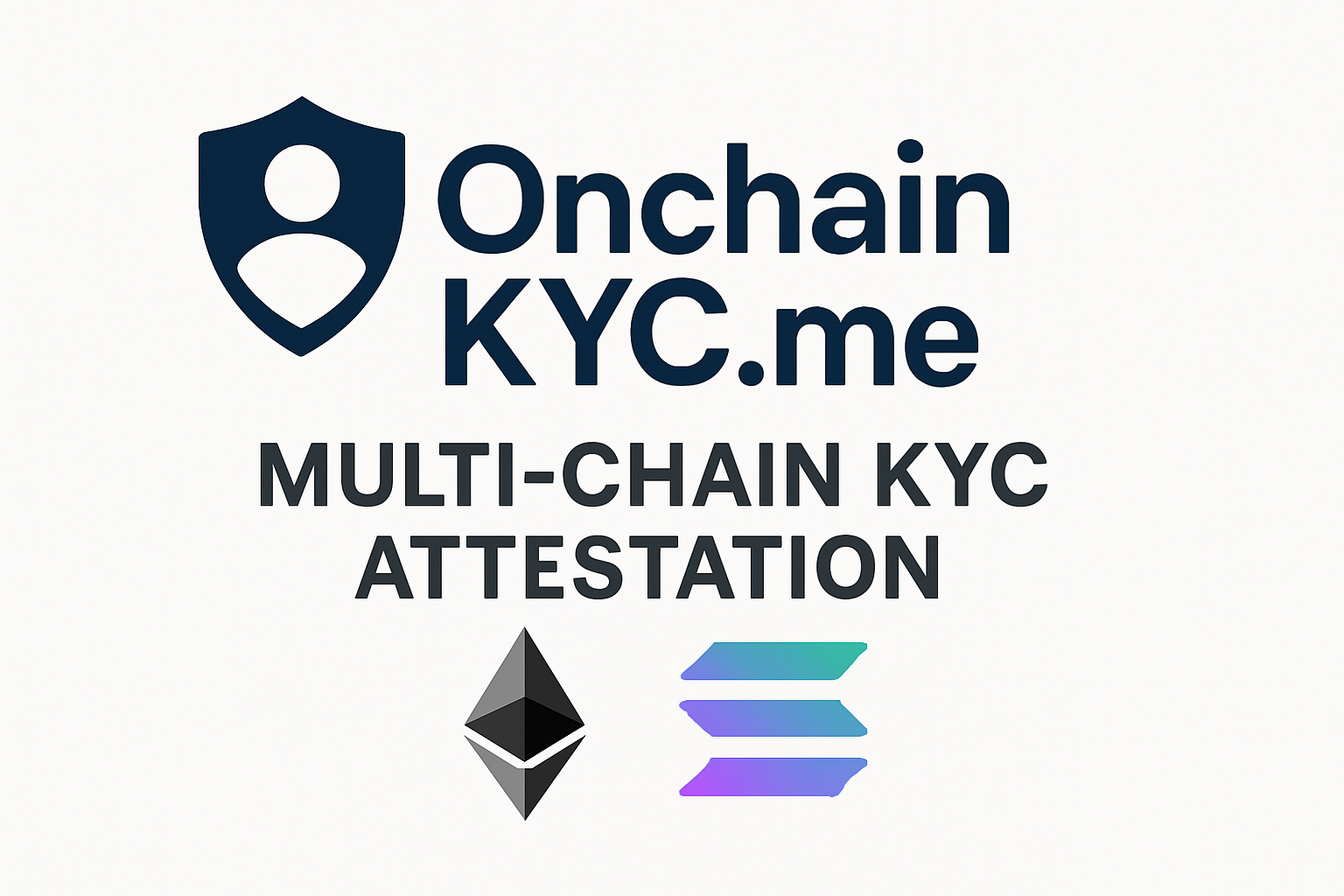
Multi-Chain Support: OnchainKYCe.me supports multiple blockchains including Ethereum and Solana, ensuring that KYC attestations are interoperable across major Web3 ecosystems for broader access and compliance.
With simple APIs and support for EAS and other protocols, developers can gate access to features or token sales based on attestation status, all while maintaining interoperability with leading wallets and identity providers. This is especially critical as regulations tighten and cross-chain activity accelerates.
Future-Proofing Token Sales and Allowlists
Looking ahead to 2025 and beyond, the writing is on the wall: token sale KYC verification isn’t just a checkbox, it’s a foundational layer for sustainable growth in the Web3 ecosystem. Regulators are watching more closely than ever, but users also demand privacy and control. Onchain attestations bridge this gap by enabling compliance that is both provable and unobtrusive.
Expect to see further innovation around KYC credential reusability, privacy-preserving allowlist management, and real-time compliance monitoring at scale. As more platforms adopt decentralized KYC attestations, composability will become standard, users will move between dApps without repeated onboarding hurdles or privacy trade-offs.
Key Takeaways for Projects and Users
If you’re building in Web3, whether you’re launching an NFT collection, managing an allowlist for a DeFi protocol, or running a global token sale, embracing decentralized KYC attestations isn’t just smart; it’s essential.
- User Experience: One-time verification unlocks access everywhere.
- Compliance Confidence: Automated checks reduce risk and cost.
- Privacy by Design: Personal data stays off chain; only proofs are public.
- Ecosystem Interoperability: Standards-based attestations work across chains and wallets.
The landscape is evolving fast, and those who integrate solutions like OnchainKYCe. me will be best positioned to thrive in an era where digital trust is both decentralized and verifiable.






